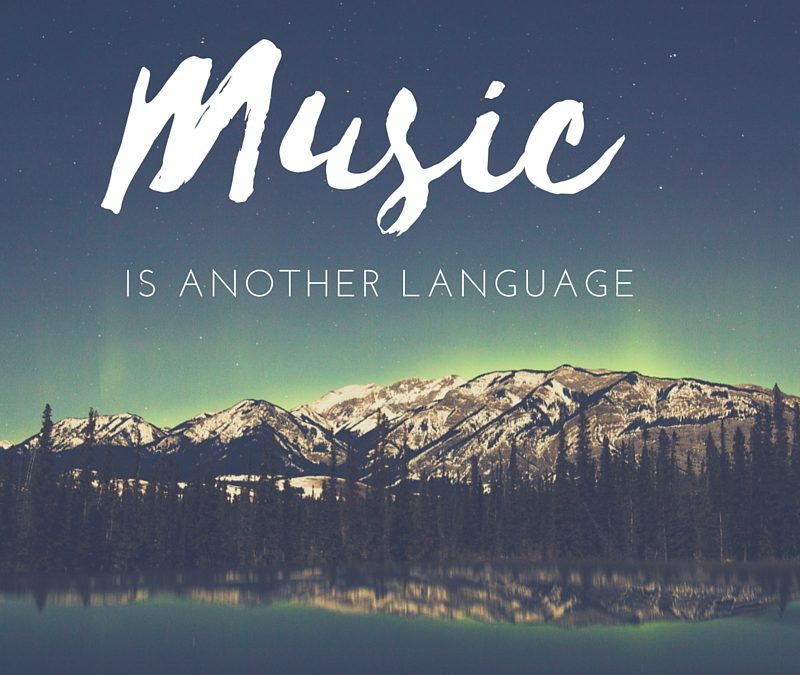“Music is another language.”
These are the words of one special third-grader, Raquel Rosales. Raquel is involved in study examining the influence of music on brain development at a young age. She’s marked noticeable differences since joining an orchestra program participating in the study, the Youth Orchestra LA in the Rampart District,
Did you know that just 28 percent of Southern California school districts reported a music curriculum for 80 percent of their elementary students? Although many teachers appreciate the effect of the arts on their students, schools blame inadequate resources for their failure to provide music programming.
Hopefully, the ongoing study focusing on music training out of the University of Southern California’s Brain and Creativity Institute can help with getting our students the musical instruction they deserve. According to new brain imaging data out from a study at the University of Southern California’s Brain and Creativity Institute, music accelerates brain development in children.
The study, while ongoing, shows the significant influence of music on young adolescents. In a span of five years, researchers are following a group of 75 kids. They study was launched in 2012 when the children were 6 and 7. None the students had prior music training, but as they’ve aged, they have become involved with three separate activities. One group is part of the Los Angeles Philharmonic’s Youth Orchestra Los Angeles, some are involved in a soccer program and others have no regularly scheduled activities.
Two years into the study, researchers collected enough neuroimaging data to back up the observations: the electrical activity of the brain showed rapid development of the auditory pathway in the young musicians. Those engaged with music were able to better detect differences in pitch and rhythm and memorize a series of numbers.
Lead researcher Assal Habibi, “This pathway is also engaged in other activities that include sound – like speech perception, like language development, like reading skills,” “It will take a long time to be absolutely certain of the results, but a little bit to our surprise, strong results began to emerge earlier.”
Antonio Damasio, director of the Brain and Creativity Institute, acknowledging that more data and analysis is required. But the researchers were surprised to see any of these results early into the study. After just one year, the students involved with either music or sports were exhibiting improved motor skills compared to those not involved with activities.
Read more about the study on Southern California Public Radio, USC study continues to provide data on music and brain development. Follow Jo-Michael Scheibe on Twitter.

